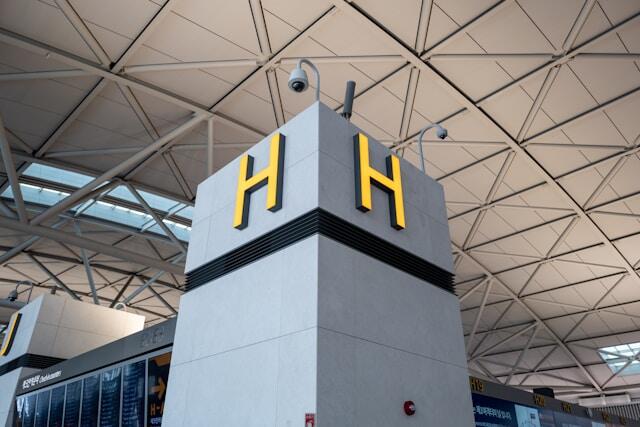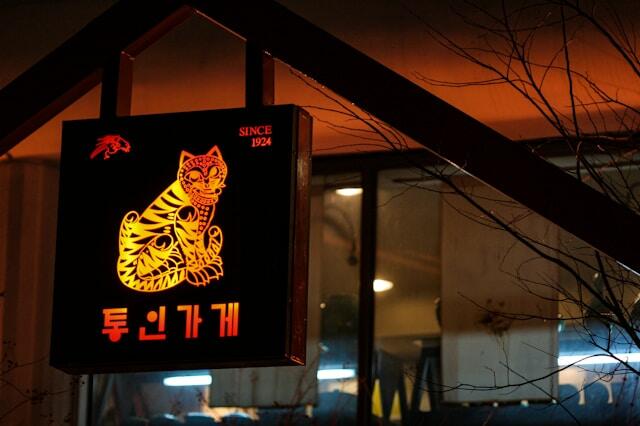South Korea's D-8 Visa: Application, Renewal, and Recent Policy Changes

In the world of global entrepreneurship, South Korea stands out as a dynamic and attractive destination for international professionals and investors. The D-8 Visa plays a central role in this appeal, serving as a crucial tool for those looking to engage with Korea's innovative business landscape. This guide offers a comprehensive overview of the D-8 Visa, detailing its various categories, application process, renewal procedures, and recent policy updates.
Overview of the D-8 Visa
Known as the Corporate Investor Visa, the D-8 Visa provides a structured entry for foreign entrepreneurs and investors into South Korea. It is categorized into several types: D-8-1 for Investment in Incorporated Enterprises, D-8-2 for Business Venture Investment, D-8-3 for Investment in Unincorporated Private Enterprises, and D-8-4 for Technology and Business Startups. Each category has distinct eligibility requirements and stays tailored to different business activities and roles in the Korean market. This visa not only allows entry but also specifies the business activities that are permitted.
Application Procedure
To apply for a D-8 Visa, one must first select the visa type that aligns with their business activity in Korea. Securing a job contract is essential for the application. Applicants need to collect various documents, including a sponsorship letter, health checkup results, and a criminal background check. The application is submitted to a Korean embassy or consulate, with processing times varying based on nationality and visa type. The process, from submission to approval, may take several weeks and requires careful attention to detail.
Extension and Renewal
D-8 visa holders should be familiar with the procedures for extending and renewing their visas. Each visa category has a set duration of stay, which may be extended based on individual circumstances and compliance with regulations. Understanding the necessary documents and deadlines is vital for those looking to extend their stay in Korea.
Recent Policy Updates
Recent changes in Korean investment policies have altered the requirements for permanent residency through investment. These updates, including a higher minimum investment threshold, reflect Korea's evolving economic environment and global investment trends. Such changes underscore Korea’s commitment to maintaining a balanced immigration and investment policy.
Conclusion
The D-8 Visa provides a valuable entry point into South Korea’s vibrant business environment, offering international entrepreneurs and investors a chance to engage with its growing economy. Understanding the visa’s categories, application process, extension options, and recent policy changes is essential for anyone interested in doing business in Korea. Staying informed and prepared is crucial as Korea continues to adapt its immigration policies.
Pearson & Partners: Your Expert Partner for Korean Market Expansion. Thinking about expanding your business into South Korea? Pearson & Partners is here to help. We offer expert assistance with visa acquisition and tax accounting, ensuring a smooth transition into the Korean market. Our team is skilled in navigating Korean regulations to ensure compliance and facilitate your business setup. Contact us today for tailored guidance to achieve your business goals.
.png?width=1656&height=121&name=rsz_%EB%A1%9C%EA%B3%A0%ED%88%AC%EB%AA%85%20(8).png)

